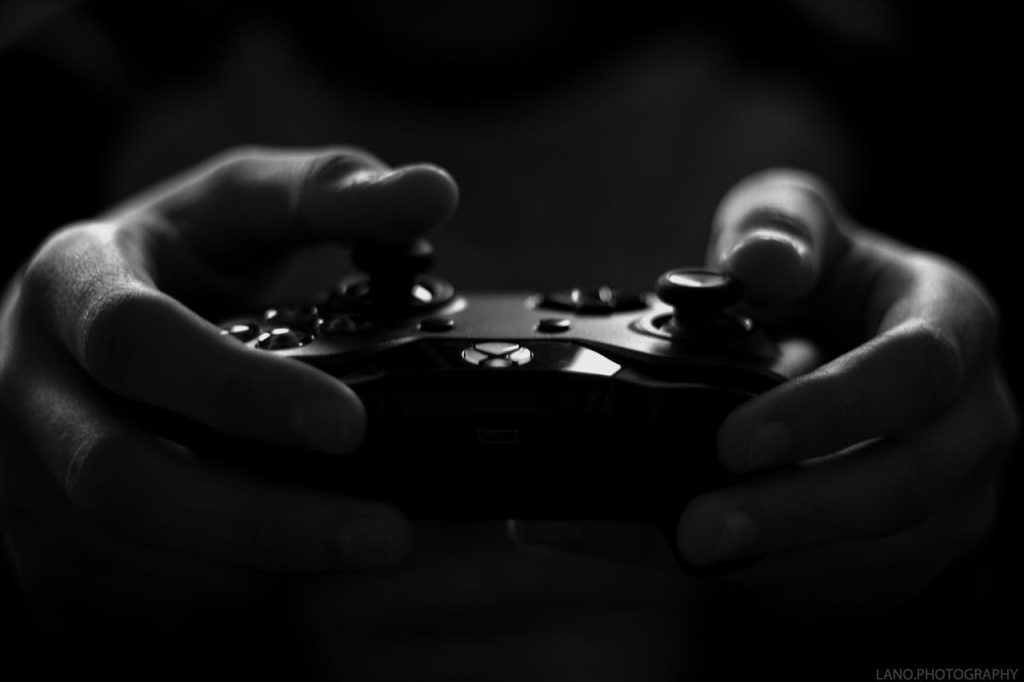Understanding Gaming Addiction: Symptoms, Effects, and Impact
Gaming addiction, also known as internet gaming disorder, has become a growing concern in our increasingly digital world. It involves compulsive and uncontrolled use of video games, leading to significant impairment in personal, social, and occupational functioning. Understanding this addiction, recognizing its symptoms, and comprehending its effects are crucial steps toward addressing and managing the issue.
What is Gaming Addiction?
Gaming addiction is characterized by an excessive and obsessive preoccupation with video games. It is recognized by the World Health Organization (WHO) as a mental health disorder under the International Classification of Diseases (ICD-11).

Individuals with gaming addiction prioritize gaming over other activities, to the extent that it negatively impacts various aspects of their lives.
Symptoms and Signs of Gaming Addiction
Identifying gaming addiction involves recognizing a range of symptoms and signs that indicate an unhealthy relationship with video games.
These include:
- Preoccupation with Gaming: Constantly thinking about gaming, even when not playing, and planning the next gaming session.
- Withdrawal Symptoms: Feeling irritable, anxious, or sad when unable to play.
- Tolerance: Needing to spend increasing amounts of time playing games to achieve the same level of satisfaction.
- Unsuccessful Attempts to Reduce Play: Making unsuccessful efforts to cut down on gaming time.
- Loss of Interest in Other Activities: Losing interest in hobbies, social activities, and other forms of entertainment.
- Continued Use Despite Problems: Continuing to play games despite being aware of the negative consequences.
- Deception: Lying to family members, friends, or therapists about the amount of time spent gaming.
- Escaping Reality: Using gaming as a way to escape from real-life problems or negative emotions.
- Jeopardizing Relationships and Opportunities: Neglecting personal relationships, educational opportunities, or career prospects due to excessive gaming.
Effects on Mental and Physical Health
Gaming addiction can have profound effects on both mental and physical health:

Mental Health:
- Depression and Anxiety: Excessive gaming can exacerbate feelings of depression and anxiety, often leading to a vicious cycle of gaming to escape these feelings.
- Social Isolation: Spending excessive time gaming can result in social withdrawal, leading to loneliness and a lack of real-life social interactions.
- Poor Academic or Work Performance: Gaming addiction can lead to poor concentration, decreased productivity, and neglect of responsibilities.
Physical Health:
- Sleep Disorders: Excessive gaming, especially late at night, can disrupt sleep patterns and lead to insomnia.
- Eye Strain and Headaches: Prolonged screen time can cause eye strain, headaches, and even vision problems.
- Sedentary Lifestyle: Lack of physical activity can result in weight gain, poor posture, and associated health problems such as cardiovascular disease and diabetes.

Impact on Daily and Family Life
Gaming addiction extends its impact beyond the individual, affecting their daily life and family dynamics:
- Neglect of Responsibilities: Individuals may neglect household chores, academic assignments, and work tasks due to their gaming habits.
- Strained Relationships: Excessive gaming can lead to conflicts with family members, partners, and friends who may feel neglected or frustrated by the individual’s behavior.
- Financial Consequences: Spending money on games, in-game purchases, and related equipment can strain the individual’s financial resources and lead to debt.
- Loss of Opportunities: Missing out on educational, career, and personal growth opportunities due to excessive gaming can have long-term repercussions on the individual’s future.
